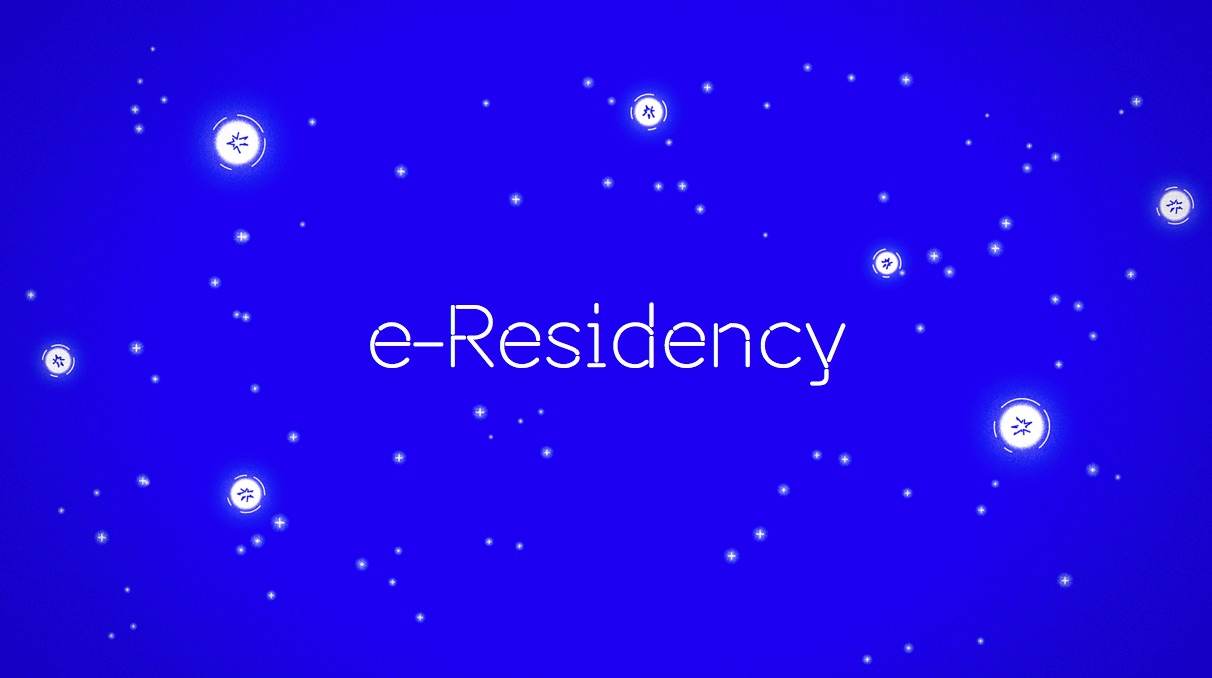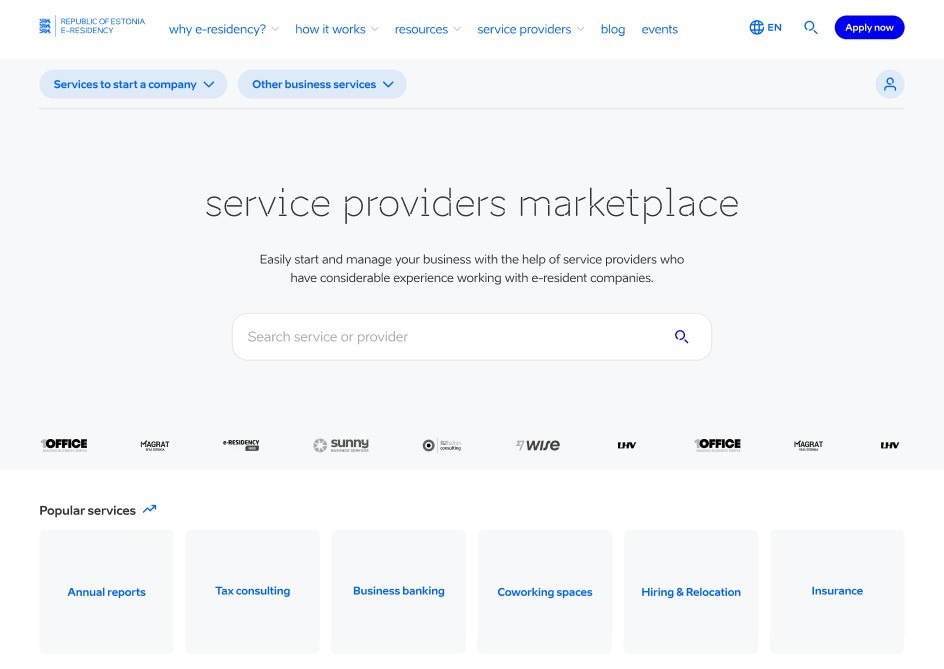turn your passion into profit: a guide on how to become an entrepreneur
Interested in launching your own business? Learn how to become an entrepreneur with eight key tips on how to get started
Do you find yourself asking the following questions about entrepreneurship often?
So, let’s get down to business!
What Skills Should I Develop?
How to become an entrepreneur? Develop these skills! Stay tuned for our upcoming article on skill development for entrepreneurs.
8 tips on How to Become an Entrepreneur
1. Decide on your core product or service
3. Find funding
If you’re new to business, talk to a financial advisor and look at your funding options.
4. Design your business plan
It’s time to write your business plan.
5. Make connections and ask for help
6. Listen to your customers
We'll let you in on one of the most important secrets for how to become an entrepreneur - and to be a successful one:
7. Keep your day job (for now)
Our penultimate tip is also a reality check.
Take steps right now to start a company - sure. But maybe don’t quit your day job to pursue your dream full-time just yet.
8. Open your business the right way
Where you decide to register your company is really up to you and your personal situation.
But before taking the plunge in your own country or another business jurisdiction like Delaware or Dubai, consider Estonia.
More from e-Residency
- Sign up for our newsletter
- Watch fresh video content - subscribe to our Youtube channel
- Meet our team and e-residents - register for our next Live Q&A



